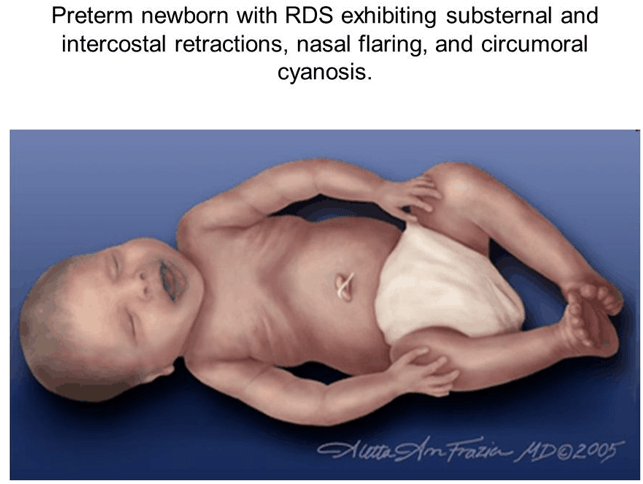The parents of a one-year-old child with the diagnosis of hypospadias informed the practical nurse (PN) that they plan to delay corrective surgery to see if the child will outgrow the problem. Which information should the PN provide to these parents?
Whatever the parents decide, the staff will be available to support the decision.
Some children do outgrow this type of problem and waiting may be beneficial.
Ask the parents to explain what they understand about the child's diagnosis.
The child's prognosis will not develop complications if surgery is delayed.
The Correct Answer is C
The correct answer is choice c. Ask the parents to explain what they understand about the child’s diagnosis.
Choice A rationale:
While it is important to support the parents’ decisions, this choice does not address the need for accurate information and understanding about the condition and its management.
Choice B rationale:
Hypospadias does not typically resolve on its own, and delaying surgery can lead to complications such as difficulty with urination and sexual function later in life.
Choice C rationale:
Asking the parents to explain what they understand about the child’s diagnosis ensures that they have accurate information and can make an informed decision about the timing of surgery. This approach also allows the nurse to correct any misconceptions and provide necessary education.
Choice D rationale:
Delaying surgery for hypospadias can lead to complications, including issues with urination and sexual function. It is important to address these potential risks with the parents.
Nursing Test Bank
Naxlex Comprehensive Predictor Exams
Related Questions
Correct Answer is A
Explanation
Circumoral cyanosis is a bluish discoloration around the mouth that indicates inadequate oxygenation. It is an abnormal finding in a full-term newborn and requires immediate assessment and intervention by the PN.
The other options are not correct because:
- A positive Babinski's reflex is a normal finding in newborns that indicates intact neurological function. It is elicited by stroking the sole of the foot and observing the fanning of the toes.
- A negative Ortolani's sign is a normal finding in newborns that indicates no hip dislocation or dysplasia. It is elicited by abducting the hips and feeling for any clicking or clunking sensation.
- A large sacral "stork bite" is a common benign birthmark that appears as a reddish patch on the lower back or nape of the neck. It usually fades within the first year of life and does not require any treatment.

Correct Answer is D
Explanation
The correct answer is D. Electrolytes.
Choice A rationale: The white blood cell count (WBC) is typically reviewed for signs of infection or inflammation, but it is not directly related to numbness and tingling.
Choice B rationale: Hematocrit levels assess the proportion of red blood cells in the blood, which are not commonly associated with numbness and tingling.
Choice C rationale: Albumin and protein levels are important for nutritional status and overall health but are not directly associated with numbness and tingling.
Choice D rationale: Electrolytes are crucial for nerve function and muscle contractions. Abnormal levels of electrolytes (such as calcium, potassium, or sodium) can lead to symptoms like numbness and tingling in the extremities.
Whether you are a student looking to ace your exams or a practicing nurse seeking to enhance your expertise , our nursing education contents will empower you with the confidence and competence to make a difference in the lives of patients and become a respected leader in the healthcare field.
Visit Naxlex, invest in your future and unlock endless possibilities with our unparalleled nursing education contents today
Report Wrong Answer on the Current Question
Do you disagree with the answer? If yes, what is your expected answer? Explain.
Kindly be descriptive with the issue you are facing.
